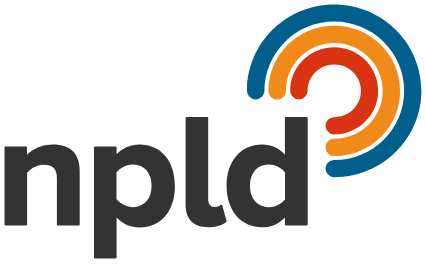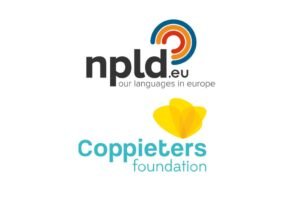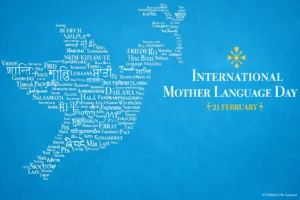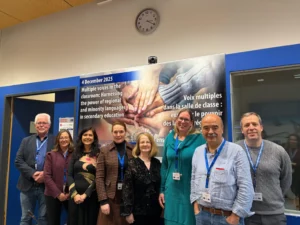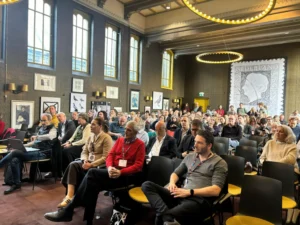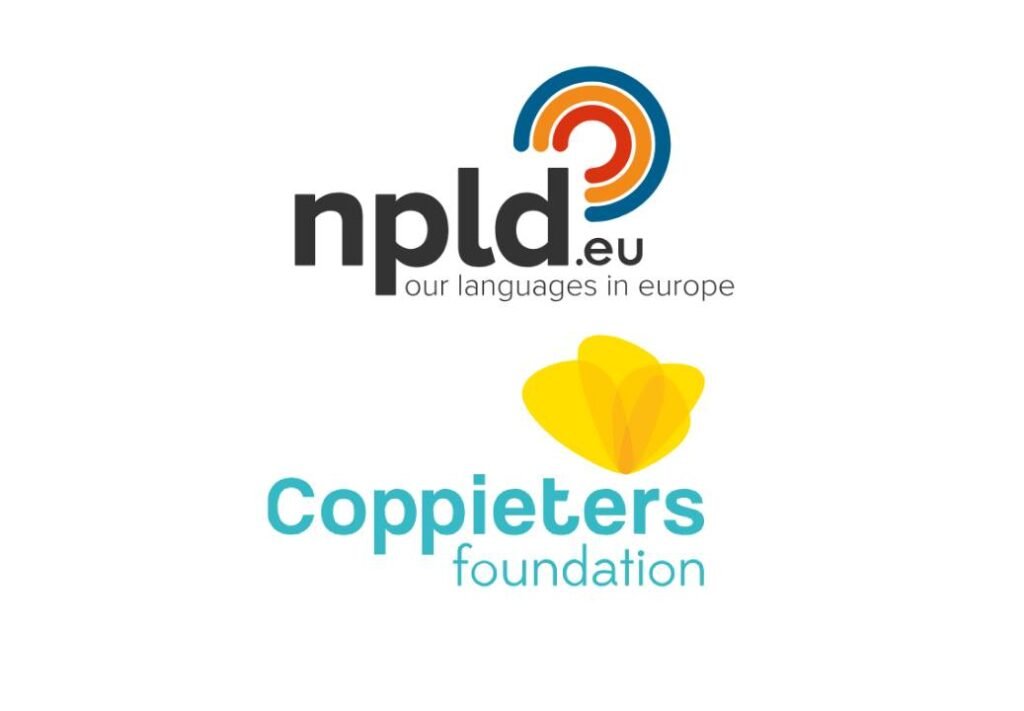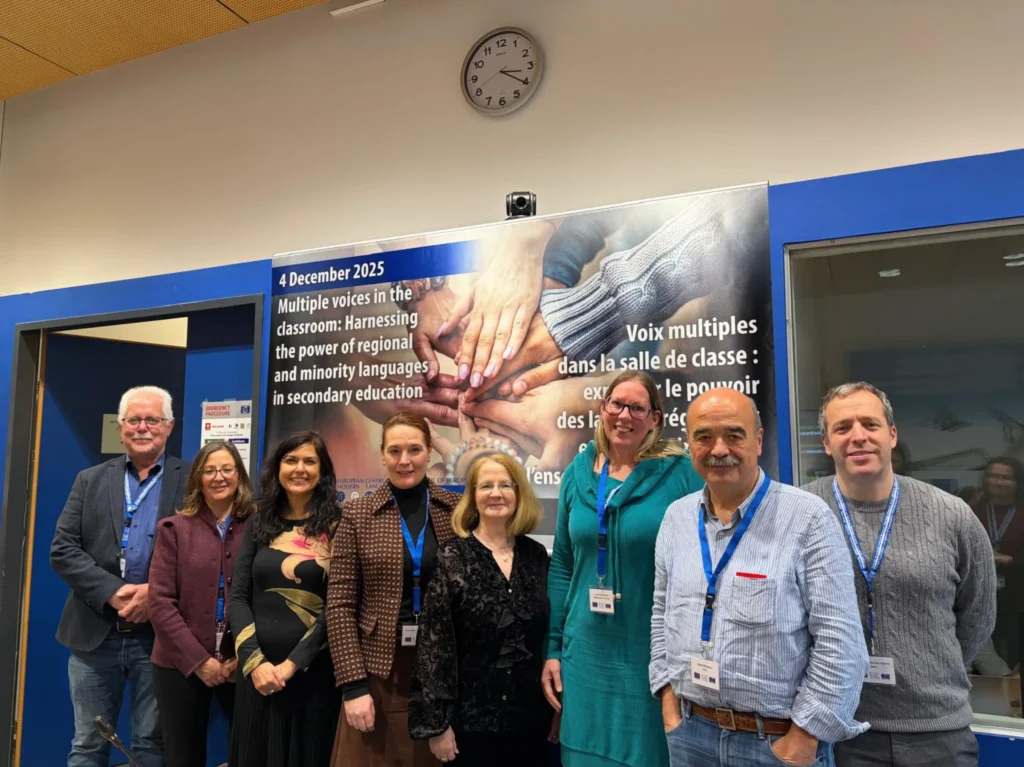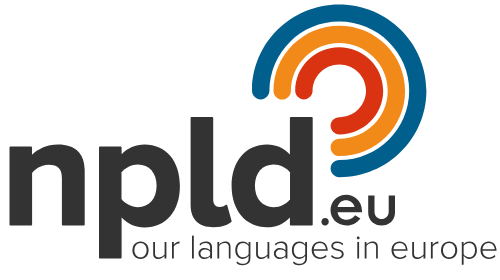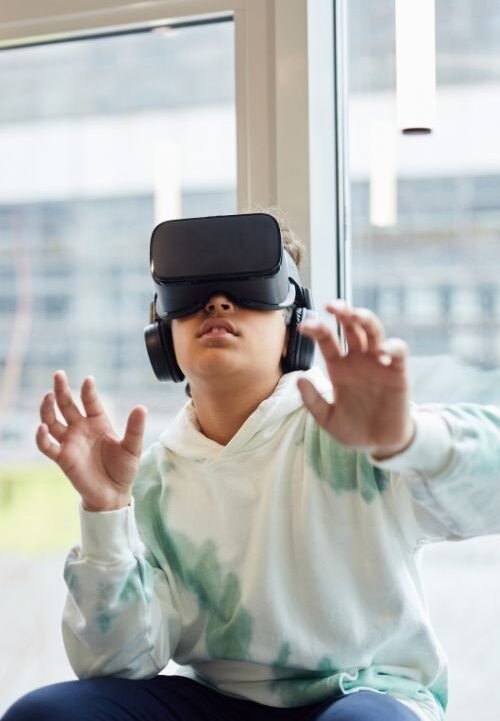NPLD » NPLD – Coppieters Campus 2021
Palma, 24th November
NPLD - Coppieters Campus 2021
Immersion education: exploring what works in linguistically diverse contexts across Europe
Immersion education is a pedagogical model in which students receive their subject-matter instruction through the medium of a target language. In bilingual communities where a dominant state language coexists with territorial, indigenous, small-state, or unique minority or regional languages, the target language may belong to the second group.
The goal of the immersion model is to ensure that the regional language is present in the schooling system, while guaranteeing the learning of the majority language. This model has been praised by numerous international experts and organizations, such as the Commission’s High-Level Group on Multilingualism, the Committee of Experts of the European Charter for Regional or Minority Languages and the United Nations’ Special Rapporteur on Minority Issues.
Immersion Education is applied in different regions of Europe such as Wales, Catalonia, or the Basque Country, and coexists with other plurilingual education models, predominantly with the Content and Language Integrated Learning (CLIL) methodology. It has been considered as an exemplary model which guarantees full, functional bilingualism, both in the majority and the minority language without segregating students in language terms.
Furthermore, immersion education model enables children to acquire sufficient linguistic competences in the two languages -the dominant and the minority language- which allow them to use the language of their choice after finishing school. If the school system fails to provide students full command of the two languages, that would result in a curtailment of children’s future opportunities and a limitation of their freedom to choose the language in which they wish to communicate as they become adults.
Recently, however, a sharp debate has emerged regarding the application of this model in some European countries, notably in France and Spain. Too often, arguments against the language immersion model are based on purely ideological grounds and use unbiased, partisan, and inaccurate data. All this has contributed to create confusion over the scope and the implications of this model.
In this Campus, we intend to shed some light on this debate by providing the participants with the necessary data that will certainly be useful for a better account of the language immersion model in education.
Organizer Committee
The Organizer Committee of this year’s edition of the NPLD-Coppieters Campus is composed of Bethan Webb (Government of Wales), Araceli Díaz de Lezana (Government of the Basque Country), Vicent Climent (Government of Catalonia), Fulup Jakez (Breton Language Office), Gabriele Zanello (University of Udine), Beatriu Defior (the Balearic Islands) and Inaki Irazabalbeitia (Coppieters Foundation).
About the campus
The NPLD-Coppieters Campus is a biennial event jointly organised by the Network to Promote Linguistic Diversity and the Coppieters Foundation after the summer break.
The NPLD-Coppieters Campus aims to be a meeting place for reflection and exchange of ideas among governments, policy makers, practitioners, researchers and experts from all over Europe working in the field of language policy and planning for Constitutional, Regional and Small-State Languages across Europe.
The Network to Promote Linguistic Diversity (NPLD) is a European wide network whose main goal is to raise awareness at a European level on the vital importance of linguistic diversity. NPLD includes governments both national and regional, universities and associations as its members.
Coppieters Foundation is a think tank focusing on European affairs. It develops new ideas and produces knowledge on the management of cultural and linguistic diversity, collective and minority rights, multi-level governance, decentralization, state and constitutional reform, statehood processes, self-determination, migration, peace studies and the protection of human rights in Europe.
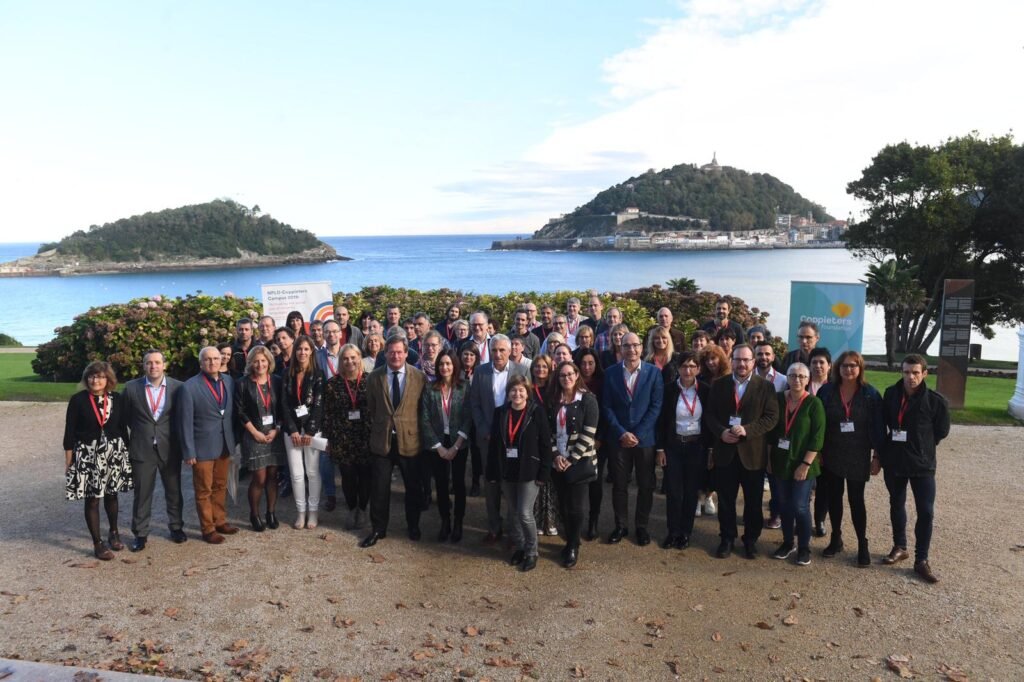
Conference Programme
Wednesday, 24 November
08.15-08.45 Registration
08.45-09.15 Opening words
Jaume Carot, University of the Balearic Islands | Rector
Inaki Irazabalbeitia, Coppieters Foundation | Member of the Bureau
Agustina Vilaret, Network to Promote Linguistic Diversity |Chair
Miquel Company, Government of the Balearic Islands | Regional-Minister for European funds, University & Culture
09.15-10.00 Keynote speech: Comparing the aims and outcomes of European minority language education
Durk Gorter, Ikerbasque Research Professor & UPV/EHU
You can read and download his presentation here.
10.00-10.45 The international debates on the language immersion system
Agustina Vilaret, Government of the Balearic Islands & NPLD Chair
Miren Dobaran, Government of the Basque Country
Vicent Climent, Government of Catalonia
10.45-11.15 Coffee break
11.15-11.45 Panel I: 50 years of bilingual teaching in France: educational achievement and institutional uncertainty
Fulup Jakez, Office Public de la Langue Bretonne
You can read and download his presentation here.
11.45-12.15 Panel II: Integrating migrants through language immersion models
11.45- 12.00 The case of Catalonia
Clara Prades, Government of Catalonia
You can read and download her presentation here.
12.00 -12.15 The case of Finland
Christina Gestrin, Folktinget
You can read and download her speech here.
12.15-12.30 Presentation of the video “Immersion Education”
Estibaliz Alkorta, Government of the Basque Country
Watch the video here.
12.30-13.30 Lunch break
13.30-14.45 Panel III: Other language education models: empirical results
13.30-13.45 Wales: late immersion
Dafydd Trystan, Coleg Cymraeg Cenedlaethol
You can read and download his presentation here.
13.45-14.00 Slovenian language education in Italy
Maja Mezgec, Slovenski Raziskovalni Inštitut
You can read and download her presentation here.
14.00-14.15 Ireland and the Gaeltach
Sean Ó Coinn, Foras Na Gaeilge.
You can read and download his presentation here.
14.15-14.30 Education and languages in Galicia
Valentín García Gómez, Government of Galicia
You can read and download his presentation here.
14.30-14.45 The Valencian case
Marc Jiménez, Government of Valencia
You can read and download his presentation here.
14.45-15.00 Coffee break
15.00-15.45 Open discussion: Languages in the education system. Future directions and perspectives
Kristina Cunningham, European Commission
Jarmo Lainio, Committee of Experts of the ECRML
Johan Häggman, FUEN
William Cisilino, Network to Promote Linguistic Diversity
MODERATOR: Inaki Irazabalbeitia, Coppieters Foundation
15.45-16.00 Closing words
Inaki Irazabalbeitia, Coppieters Foundation | Member of the Bureau
Agustina Vilaret, Network to Promote Linguistic Diversity |Chair
Share this event:
